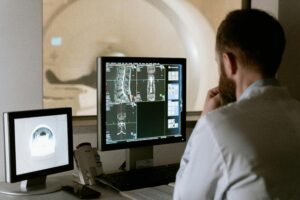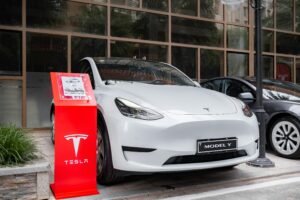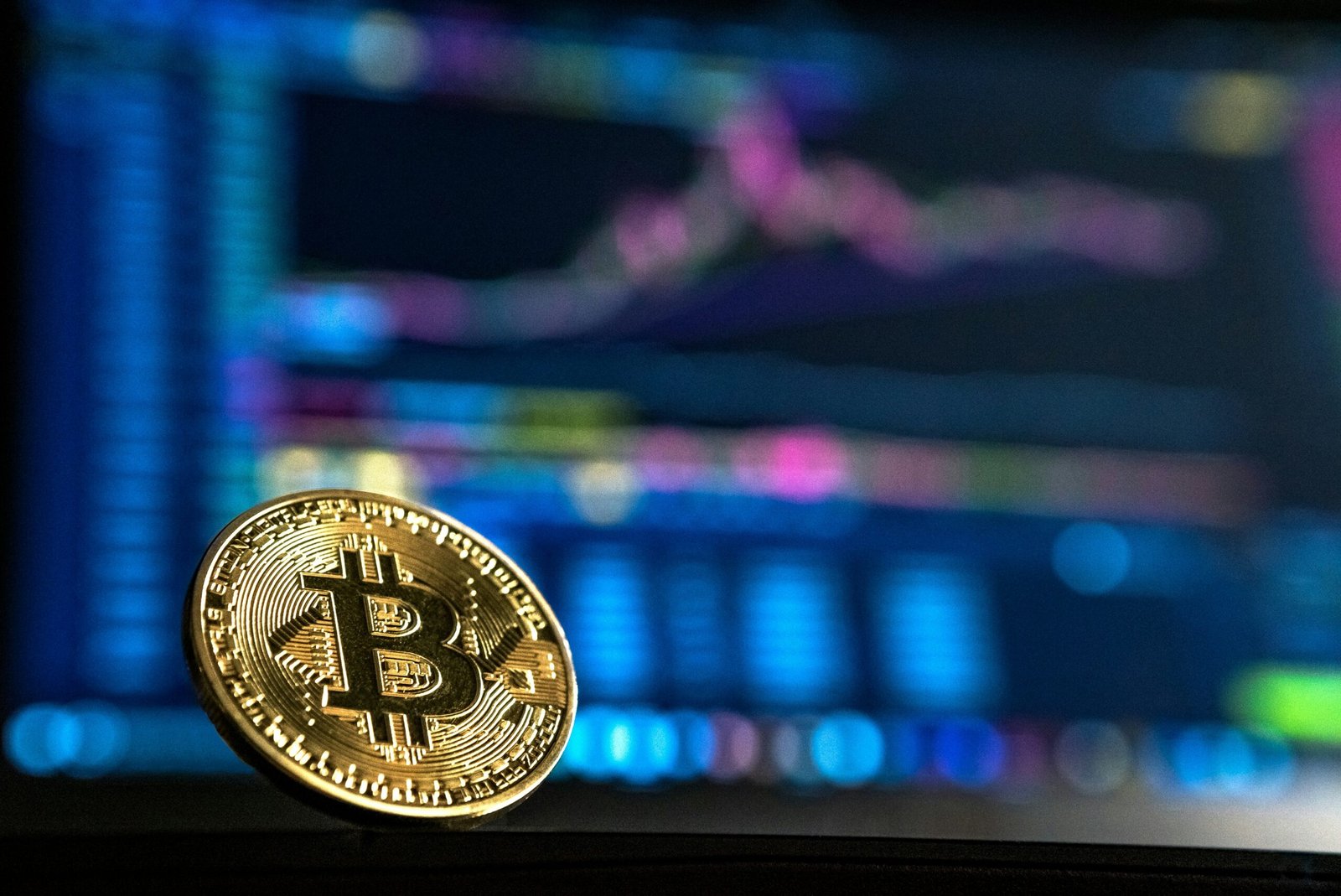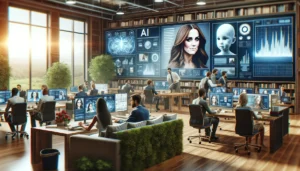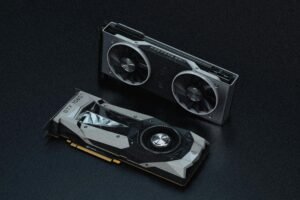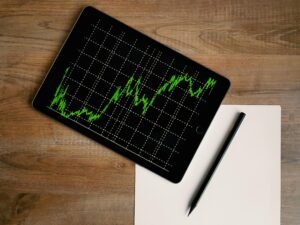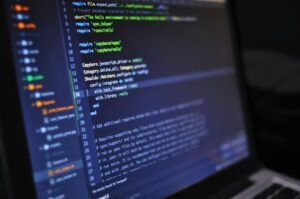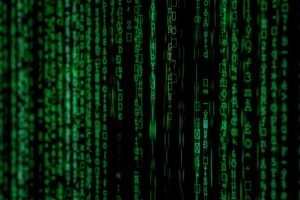AI’s Quiet Symphony in the Music Industry
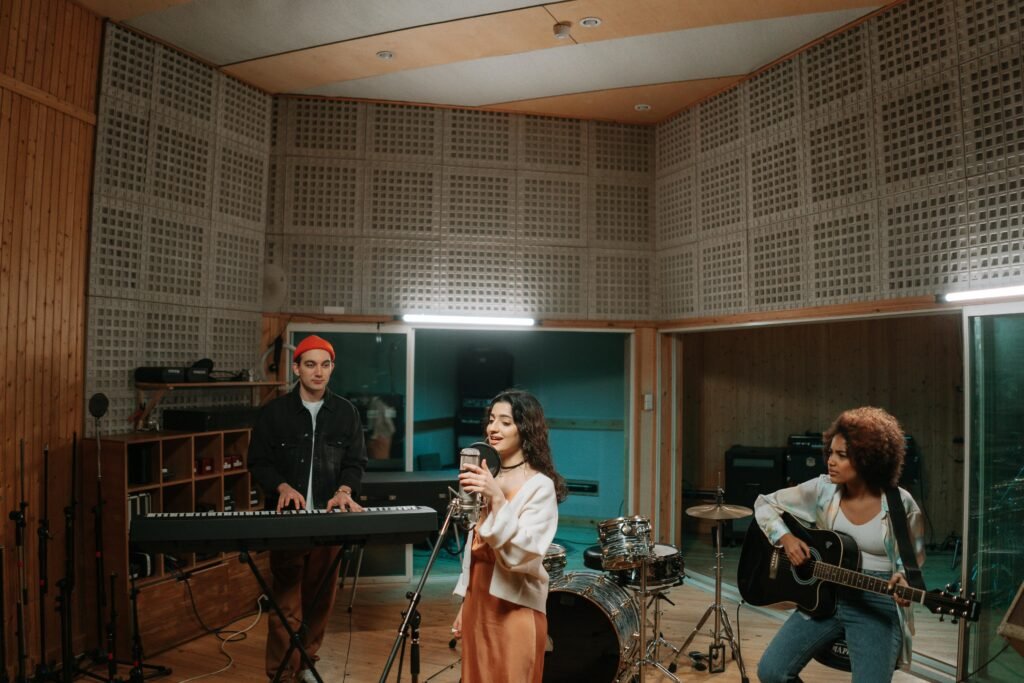
A staggering 80% of professionals now believe AI will be the main composer of music within the next decade. This shift isn’t just a glimpse into the future; it’s the reality of today’s music production, where artificial intelligence is playing an increasingly significant role.
The Rise of AI-Driven Music
One of the pioneers in this field is AIVA Technologies, whose AI music composition software, AIVA, has been used in soundtracks for games and commercials. AIVA analyzes classical compositions to create complex and emotive scores, a testament to AI’s potential in enhancing creative processes.
Similarly, Amper Music takes a different approach, offering an AI-driven music creation tool that assists artists in composing and producing tracks quickly. This technology not only accelerates the music-making process but also democratizes it, enabling those without formal training to create professional-quality music.
Jukedeck, another leader in the AI music space, focuses on creating unique soundtracks for videos. Acquired by TikTok, it underscores the synergy between social media and AI in revolutionizing music consumption and production.
Further illustrating this synergy is LANDR, which uses AI to provide mastering services. By analyzing a track, LANDR can apply the finishing touches, ensuring the music meets industry standards, a boon for independent artists and producers.
In the realm of live performances, WaveAI’s Alysia platform stands out. It’s an AI-driven tool that helps songwriters create lyrics and melodies, showcasing how AI can be a collaborative partner in the creative process.
Transforming the Industry
These companies represent a mere fraction of how AI is reshaping the music industry. From composition to production, and even live performance, AI is not just an assistant; it’s becoming a core component of the creative process.
The Human Touch in AI Music
Despite these advancements, the role of the human artist remains crucial. AIVA Technologies CEO, Pierre Barreau, emphasizes that AI will augment, not replace, human creativity. It’s about leveraging AI to explore new musical landscapes, not diminishing the artist’s role.
The Future Soundscape
Looking ahead, the integration of AI in music is poised to expand further. With technologies like Neural DSP revolutionizing guitar amp simulations and iZotope advancing audio mixing through machine learning, the possibilities are endless. The future of music is a symphony composed by both human and artificial intelligence, each bringing their unique strengths to the table.
As we embrace this new era of AI in music, it’s clear that the industry is on the cusp of a revolution. The harmonious blend of AI and human creativity is not just changing how music is made; it’s redefining what music could be. This is just the beginning of a melodious journey where the boundaries of creativity are being reimagined.





